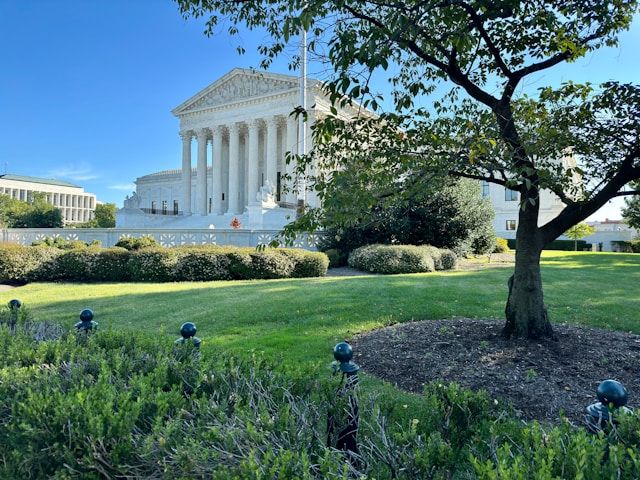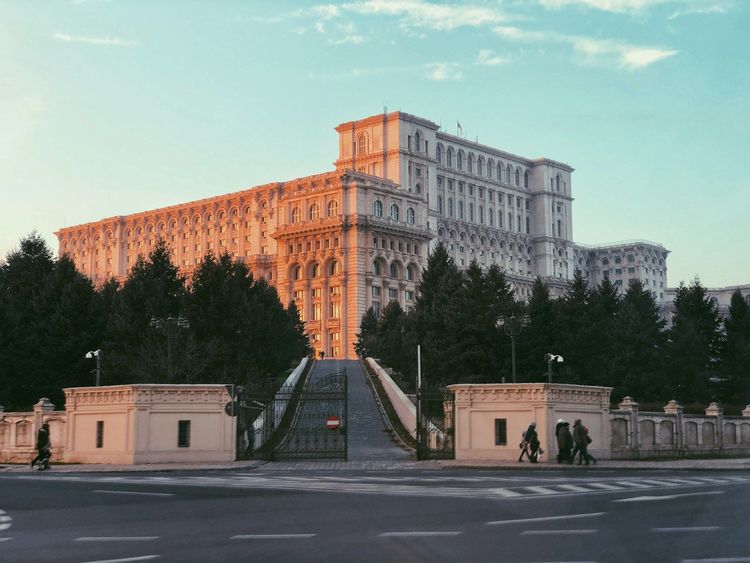The cost to become a “lawful permanent resident” of the United States has been formally set, following the Oval Office unveiling of a new 'Gold Card’ program by President Donald Trump and a signed Executive Order.
The initiative, announced by Commerce Secretary Howard Lutnick, aims to raise more than $100 billion for the Treasury and marks the United States' entry into the residency-by-investment era. The program offers three tiers:
-
Gold Card: For $1 million, individuals can obtain U.S. residency "in record time." Approved applicants will receive lawful permanent resident status through the EB-1 or EB-2 visa categories, historically reserved for individuals with “extraordinary ability” or advanced degrees.
-
Corporate Card: For $2 million, businesses can sponsor employees and retain the flexibility to transfer the sponsorship to another employee without a new fee.
-
Platinum Card: For $5 million, cardholders can reside in the U.S. for up to 270 days a year without being subject to U.S. taxes on non-U.S. income.
The application process is described as simple and straightforward. The program is set to launch within the next 90 days and will effectively replace the traditional EB-1 and EB-2 green card categories. Tens of thousands of investors worldwide have already joined the waiting list, confirming exceptionally high demand.
P.S. Our team at One World Migration is already analyzing this major policy shift. Want to be among the first to benefit from the new program or looking for alternative options of residency by investment? Then discuss your eligibility with our expert today.



